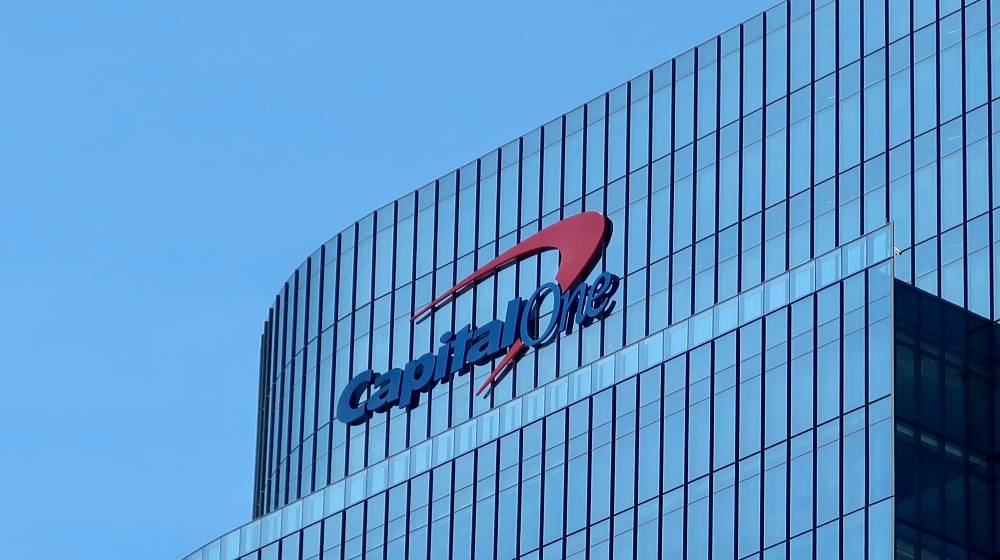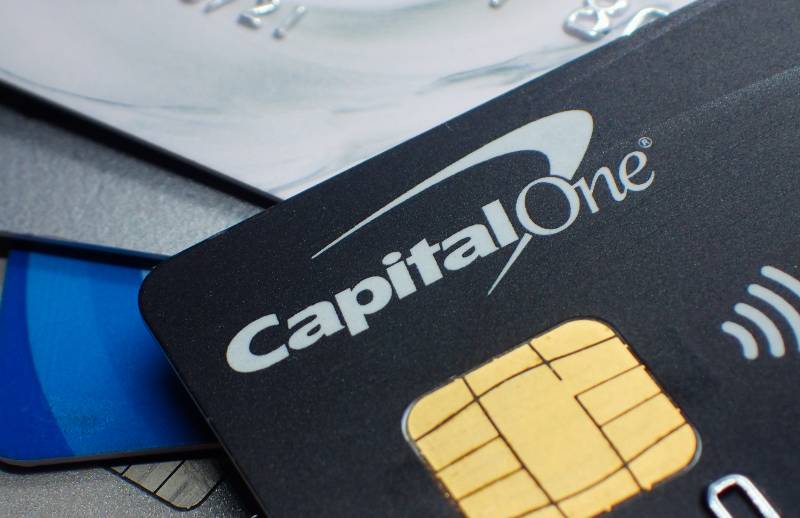bank
Capital One Removing Overdraft Charges For Customers

US banking giant Capital One announced it will remove overdraft charges for all its retail banking customers. This makes it the largest US bank to waive overdraft fees. The Virginia-based lender stands to lose around $150 million annually by removing these charges.
RELATED: Peer to Peer Lending is Giving Banks a Run For Their Money
Capital One To Eliminate Overdraft Charges and Non-Sufficient Funds

Overdraft charges usually occur when customers’ withdrawals or payments exceed their balance. Capital One’s decision to remove these fees will save customers an average of $25 to $35 dollars per transaction.
In a memo to employees, Capital One CEO Rich Fairbank said they made a milestone among major US banks. “We will completely eliminate overdraft and non-sufficient funds (NSF) fees for all Capital One consumer bank customers,” he announced.
Apart from Capital One, other banks also began dropping overdraft fees earlier this year. Last June, Ally Bank announced it will drop the punitive fees. Then, PNC and Bank of America restricted their rules so that customers become less likely to receive penalties.
Ally is a digital bank that has no physical branches. Meanwhile, Capital One maintains about 350 actual branches and over 70,000 automated teller machines.
Banks Give In To Pressure Earlier This Year
In particular, overdraft fees offer a lucrative revenue stream for the banking industry. This makes it difficult for banks to drop the charges altogether.
Overdraft fees totaled more than $14 billion for 2019. For the first nine months of 2021, Capital One alone collected $131 million in service charges and other fees.
For many years, bank consumer advocates pressured banks to remove overdraft fees from their list of penalties. They said that customers subjected to these fees are often the ones who can’t afford to pay them.
Besides, poorer Americans are already struggling to make ends meet. In addition, digital banks that offer zero transaction fees applied additional pressure to banks to make the move.
Many Big Banks Still Not Willing To Drop Overdraft Fees
Meanwhile, lawmakers and consumer agencies called on the big banks to end the practice. Senator Elizabeth Warren (D-MA) called out the finance industry for excessive charges, with special emphasis on JPMorgan Chase and its CEO Jamie Dimon. Despite Warren’s efforts in asking Dimon to drop the charges, Dimon refused.
After the decision of Capital One, CNBC asked four of the largest US banks if they have similar plans to drop overdraft charges.
Wells Fargo said they continue to evaluate its products and services as the marketplace evolves. A spokesman also said that Wells Fargo already offers no-overdraft accounts.
Meanwhile, a JPMorgan spokesperson said that the bank already ended non-sufficient fund charges. The bank also increased the threshold amount that customers can overdraft before overdraft fees kick in.
Benefits For Vulnerable Customers
Lauren Saunders, associate director of the National Consumer Law Center, issued a statement lauding the decision.
“This move by Capital One will have tremendous benefits for the most vulnerable consumers. It’s critical we keep working to make the banking system more inclusive and fair for all,” she said.
Capital One customers will now have their transactions declined when they attempt to withdraw beyond their balance.
Capital One customers have to demonstrate a stream of steady deposits to qualify for additional overdraft protection services.
“We expect the vast majority of current bank customers, as well as the vast majority of overdraft users, to be eligible for free overdraft protection,” Fairbank said. “The same is true for our low and moderate-income customers.”
Watch the Inside News video reporting that Capital One says it is ditching all consumer overdraft fees giving up:
Do you support the decision of Capital One to waive all overdraft fees for their customers? Will this help their most vulnerable customers?
Tell us what you think of overdraft charges. Share your comments below.















